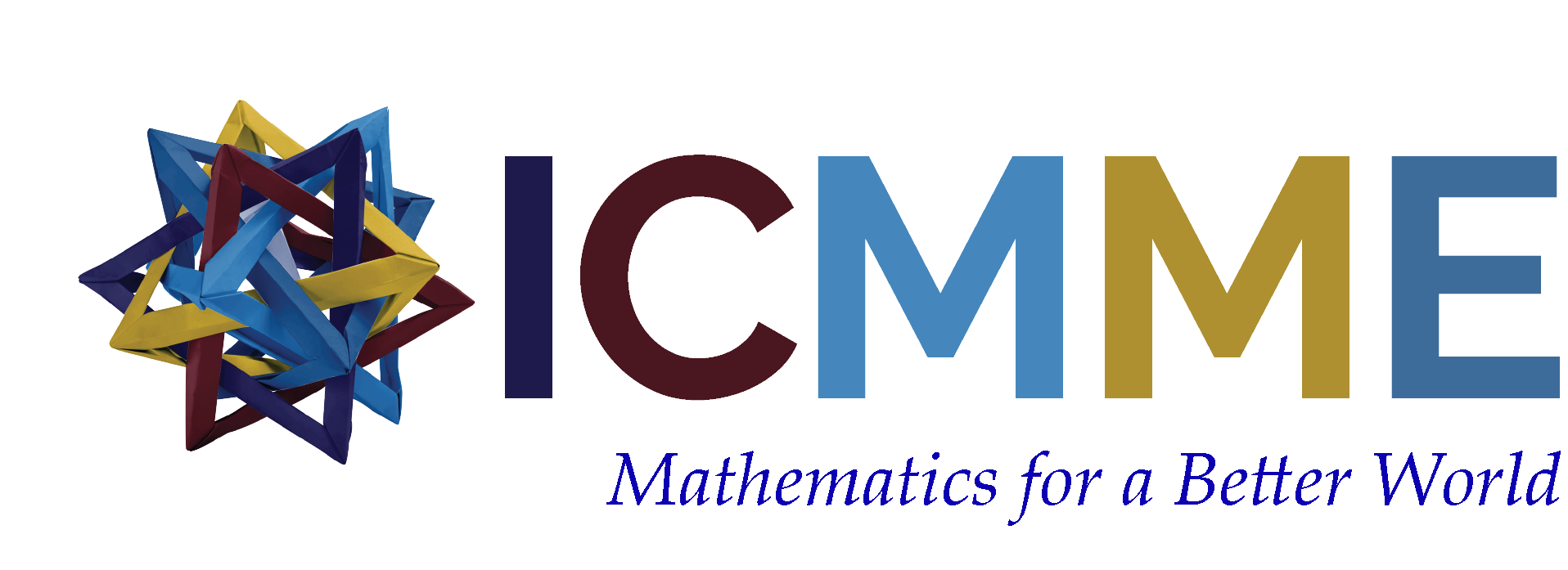The Inauguration Ceremony is scheduled from 4:00 p.m. - 6:00 p.m., at the Conference Room of the Postgraduate Institute of Science. The livestream link will be active in that time duration.
ICMME 2025 - Technical Programme
ICMME 2025 - Inauguration Ceremony (livestream via Zoom)
ICMME 2025 - Presentation Schedule
ICMME 2025 Proceedings Book
ICMME 2025 - Pre-Conference Workshop
Pre-Conference Workshop
ICMME Pre-Conference workshop will be held on the 8th of October 2021. The intended audience will be school-teachers across the country. Adhering to the health guidelines, we will allow 50 participants to be at the PGIS physically, and we will allow 50 more participants to join online via zoom.
The workshop will feature two current topics of interest to mathematics educators. The first session from 8-11am is titled
The second session will be conducted by Prof. W. B. Daundasekara, professor in Mathematics, Department of Mathematics, Faculty of Science, University of Peradeniya. The sesion is titled
Find details of the workshop and GeoGebra installation guidelines in the links on the left.
Keynote Address 1
The keynote address 1 will be delivered at the inauguration ceremony. Dr. Upali Mampitiya, senior lecturer at the Open University of Sri Lanka, and a prominent educator, will deliver the keynote address.
Title -
This keynote address will first focus on the Sri Lanka Qualifications Framework (SLQF). The twelve categories of learning outcomes described by this framework are of national importance as they address the 21st century skills required by all qualification holders in the country, from senior secondary level upwards. As a practical application of the SLQF, the senior secondary mathematics curriculum will be looked at from the viewpoint of achieving those twelve categories of learning outcomes. Finally, the contribution expected from every teacher to help students achieve those learning outcomes will be discussed in terms of the learning-teaching methods and assessment techniques practised in the classroom.
